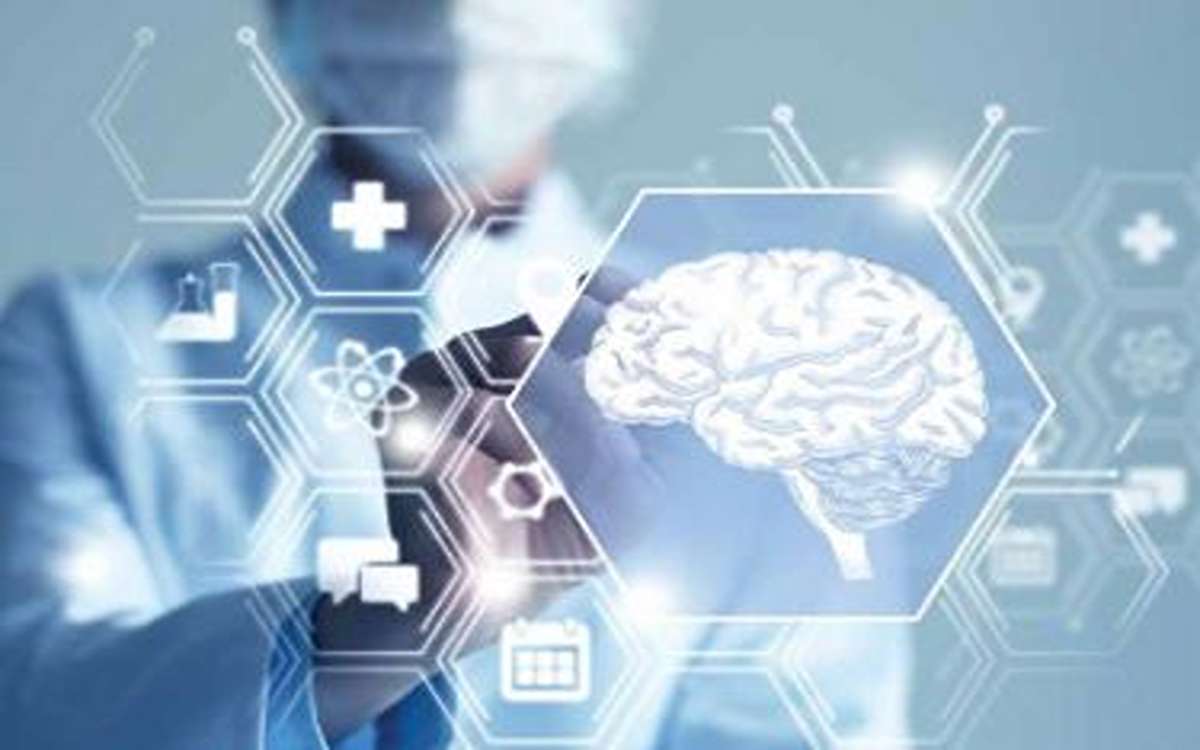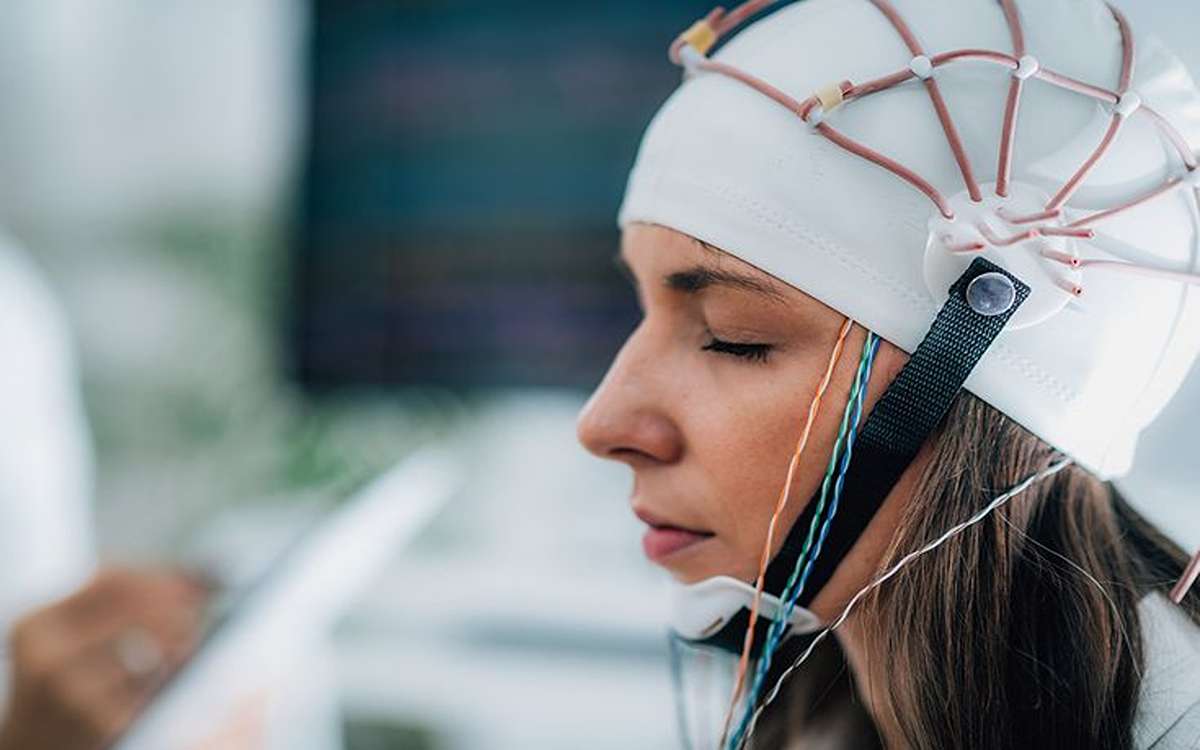- Post-Traumatic Stress Disorder (PTSD) is a mental disorder developed after encountering or witnessing some traumatic episodes.
- In recent years, much has been learned, especially about understanding and handling the condition, as 2024 brings forward fresh research findings and new therapeutic techniques.
- In this text, the latest developments, new studies, and handling strategies concerning PTSD are presented while spinning an interesting story that will get people connected.
Understanding Post-Traumatic Stress Disorder (PTSD)
- Post-Traumatic Stress Disorder (PTSD) symptoms include flashbacks, extreme anxiety, nightmares, and uncontrollable thought recurrences about the traumatic incident.
- Once considered a condition associated mostly with military veterans, recent studies identify a wide range of sufferers who have experienced natural disasters, abuse, and accidents.
New Findings in the Area of post-Traumatic Stress Disorder (PTSD)Research
Genetic Findings
- In 2024, a total of 95 genetic loci were reported to be associated with PTSD. The genetic basis of susceptibility to trauma has now emerged, and this advance in Post-Traumatic Stress Disorder (PTSD) genetics may ultimately be used to develop targeted prevention and treatment strategies based on a person’s genetic makeup.
- timely care, 10 ways to prevent mental illness, depression NHS, atrium behavioral health
Brain Stimulation and Virtual Reality
- Combining exposure therapy with virtual reality and transcranial electrical stimulation has proven to alleviate Post-Traumatic Stress Disorder (PTSD) symptoms. This cutting-edge approach enables patients to safely confront traumatic memories while their neural circuits associated with the fear response are modified.

Collaborative Care Models
- A National Institute of Mental Health-funded study pointed to comprehensive care strategies as one means of reducing Post-Traumatic Stress Disorder (PTSD) symptoms in minority populations. The model combines physical and mental health services to address mental healthcare disparities.
Service Dogs and Quality of Life
- Studies have highlighted the advantage of service dogs for veterans in the alleviation of symptoms of PTSD and general quality of life. The animals provide emotional support and, therefore, facilitate better-coping mechanisms.
Personal Connection to the Topic
- A close friend of mine has shared with me how he struggles with PTSD after surviving a car accident. Intrusive memories were interfering with his life. It was daunting to seek help, but therapy and community support turned his life around. This journey is what makes accessible mental health resources and emerging therapeutic innovations so important.
- Emerging Treatment Modalities
- Mindfulness-Based Interventions
- Techniques such as mindfulness meditation and yoga have come to the forefront for their ability to alleviate stress and promote emotional regulation in Post-Traumatic Stress Disorder (PTSD) patients. Findings indicate that these practices have reduced the severity of symptoms and improved overall well-being.
AI in Post-Traumatic Stress Disorder (PTSD) Screening
- Artificial intelligence tools are being developed to assess the risk and severity of Post-Traumatic Stress Disorder (PTSD), particularly among vulnerable populations such as postpartum women. These models rely on biomarkers and behavioral data for accurate, early diagnoses.
Psychedelics in Therapy
- Psychedelics such as MDMA and psilocybin are now being heralded as adjuncts in psychotherapy. Controlled studies show that these substances aid patients in processing trauma more effectively, but they are still in the experimental stages.
The Role of Dealing with Stigma
- Many Post-Traumatic Stress Disorder (PTSD) sufferers refrain from getting proper help due to societal stigma. This gap can only be filled by the active effort to make the conversation regarding mental health common and to enlighten communities.
- By bringing success stories into the limelight and focusing on advancements in treatment, one can work upon hopes and encourage more to achieve recovery.
FAQs: What is Post-Traumatic Stress Disorder (PTSD) and its Treatment?
1. What are the general symptoms of PTSD?
- Some symptoms may include flashbacks, nightmares, increased anxiety, emotional numbing, and avoidance of stimuli that remind the victim of the trauma.

2. Are there any genetic elements associated with PTSD?
- Yes. Researchers have recently identified specific markers that increase susceptibility to the disorder. This finding could make way for personalized treatments.
3. How does virtual reality aid in the treatment of PTSD?
- Virtual reality exposure therapy enables patients to safely re-experience traumatic events in controlled environments so that they can process and reduce fear-related symptoms.
4. Is psychedelic therapy for PTSD safe?
- Initial results look promising, but psychedelics are still under investigation and only used in controlled research environments.
5. Can PTSD be cured?
- While a complete “cure” may not be guaranteed, early intervention, effective therapy, and support can significantly improve quality of life and symptom management.
Conclusion
- The landscape of treating Post-Traumatic Stress Disorder (PTSD) is rapidly evolving to offer new hope to many individuals who are affected by trauma. From the advancements in genetic research to newer treatments, these developments promise better future days for those suffering from PTSD.
- Discussing these developments and breaking down stigmas surrounding mental illness are important steps towards further understanding and recovery.
- If you or anyone you know suffers from PTSD, do not hesitate to call mental health professionals or a support group. Recovery is not only possible but reachable.
